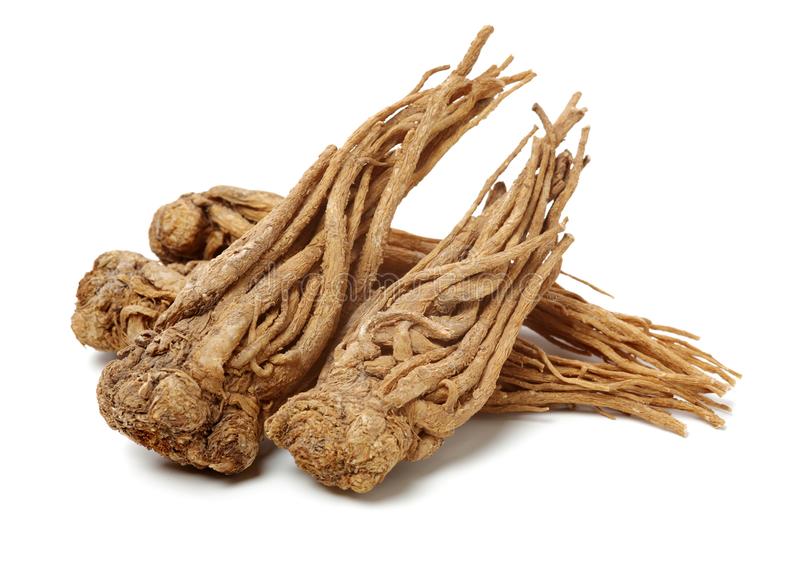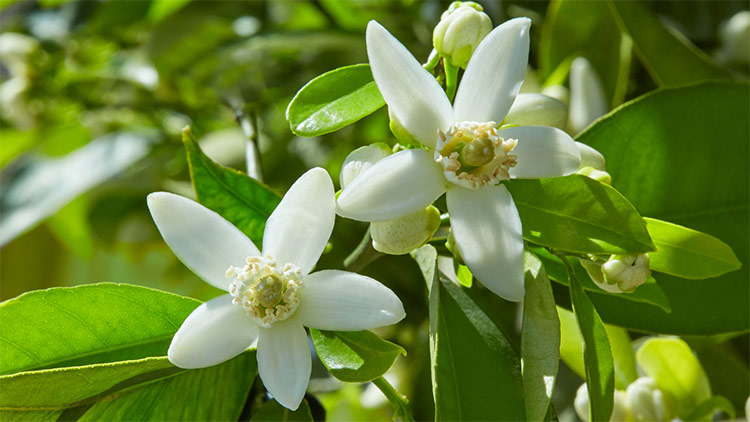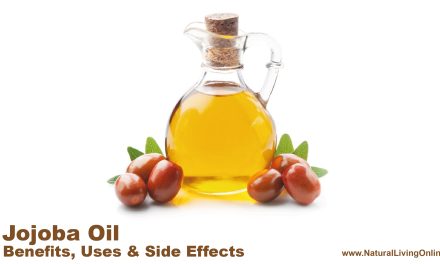Angelica Root Essential Oil is a powerful oil that has many benefits and uses. It is often used to help with respiratory problems, digestive issues, and menstrual cramps. Additionally, it has a pleasant smell that can be enjoyed in aromatherapy. However, there are also some potential side effects to be aware of before using Angelica Root Essential Oil. In this guide, we will discuss the benefits, uses and side effects of Angelica Root Essential Oil.
What is Angelica Root?
Angelica Root is a plant that belongs to the Apiaceae family. It is a large, biennial herb that grows up to six feet tall. The root of the plant is used medicinally and has been used for centuries in traditional medicine systems around the world. There are two different types of Angelica Root essential oil- European and Chinese. The European variety is made from the aerial parts of the plant, while the Chinese variety is made from the roots of the plant.
How many different types of Angelica Root essential oils are there?
There are two different types of Angelica Root essential oil- European and Chinese.
How Angelica Root essential oil is made?
Angelica Root essential oil is made by steam distilling the roots of the plant. How does Angelica Root essential oil is made differ depending on where it’s sourced from? The European variety is made from the aerial parts of the plant, while the Chinese variety is made from the roots of the plant.
What is the botanical name of Angelica Root?
The botanical name of Angelica Root is Angelica archangelica.
What is the chemical composition of Angelica Root essential oil?
The main chemical constituents of Angelica Root essential oil are a-pinene, b-pinene, Limonene, Linalool, Fenchyl alcohol, Borneol, and Camphene.
What are the benefits of using Angelica Root essential oil?
Some potential benefits of using Angelica Root essential oil include: helping to relieve respiratory problems such as bronchitis and congestion, aiding in digestion, helping to relieve menstrual cramps, and providing a relaxing aroma for aromatherapy.
What are ways to use Angelica Root essential oil?
Some ways to use Angelica Root essential oil include adding it to a diffuser, inhaling it directly from the bottle, adding it to a bathtub, or using it in massage therapy.
How has Angelica Root essential oil been used historically?
Angelica Root essential oil has been used historically in traditional medicine systems around the world for a variety of purposes. It was most commonly used for respiratory problems, digestive issues, and menstrual cramps. Additionally, it was often used in aromatherapy.
What does blend well with Angelica Root essential oil?
Blending Angelica Root essential oil with other oils such as lavender, rosemary, or chamomile can be beneficial. These oils have similar properties and aromas that compliment each other well.
What does not blend well with Angelica Root essential oil?
Angelica Root essential oil should not be blended with other strong-smelling oils like eucalyptus or peppermint. These oils will overpower the delicate aroma of the Angelica Root oil.
What are the side effects of using Angelica Root essential oil?
Some potential side effects of using Angelica Root Essential Oil include skin irritation, photosensitivity, and contact dermatitis. If you experience any adverse reaction after using this oil, discontinue use immediately and consult a doctor.
What does Angelica Root essential oil smell like?
Angelica Root essential oil has a woody, earthy aroma with notes of citrus.
How do I make Angelica Root Essential Oil at home?
Making Angelica Root Essential Oil at home is fairly simple. All you need is a fresh supply of Angelica Root, some carrier oil, and a distiller. To make the oil, first cut the roots into small pieces and then add them to the distiller filled with water. Next, turn on the distiller and allow it to run until all the water has evaporated. Once the water has evaporated, carefully remove the lid of the distiller and add your carrier oil to the mixture. Finally, store your finished product in a dark glass bottle in a cool, dark place.
What is the shelf life of Angelica Root essential oil?
The shelf life of Angelica Root essential oil is about two years. However, it’s best to use it within six months to one year after opening the bottle.
Is Angelica Root Essential Oil safe for children?
There have been no studies on the safety of using Angelica Root Essential Oil with children. Therefore, it is best to avoid using this oil on children or consult a doctor before using it.
Can Angelica Root Essential Oil be used on pets and animals?
There have been no studies on the safety of using Angelica Root Essential Oil with pets or animals. Therefore, it is best to avoid using this oil on them or consult a veterinarian before using it.
Now that you know a bit more about Angelica Root essential oil, give it a try and see how you like it! Remember to start with a small amount and increase as needed. As always, if you have any questions or concerns, be sure to consult with your healthcare provider before using any essential oils.
Angelica Root essential oil is a type of oil that has many benefits. It can be used to help relieve respiratory problems, aid in digestion, help relieve menstrual cramps, provide a relaxing aroma for aromatherapy, and much more. Additionally, Angelica Root essential oil blends well with other oils such as lavender, rosemary, or chamomile. It is important to note that Angelica Root essential oil should not be blended with other strong-smelling oils like eucalyptus or peppermint as they will overpower the delicate aroma of the Angelica Root oil. Finally, making Angelica Root Essential Oil at home is fairly simple and only requires a few supplies that are easily accessible. Now that you know more about this type of essential oil, give it a try for yourself to see how you like it!
This website does not provide medical advice.
All information provided on this website, and on associated social media networks, including but not limited to texts, images, and numbers are for general information purpose only. It is not intended as medical advice and it does not include all possible precautions, side effects, or interactions that may occur. Neither NaturalLivingOnline.com nor its author/founder take responsibility for how you use this information. Statements contained on NaturalLivingOnline.com have not been evaluated by the FDA. You should conduct thorough research via multiple sources and consult your physician or qualified doctor before using any essential oil or herbal remedy. Information on NaturalLivingOnline.com must not be relied upon for medical, legal, financial or other decisions.













